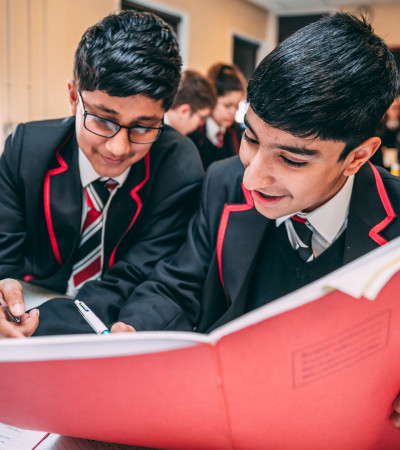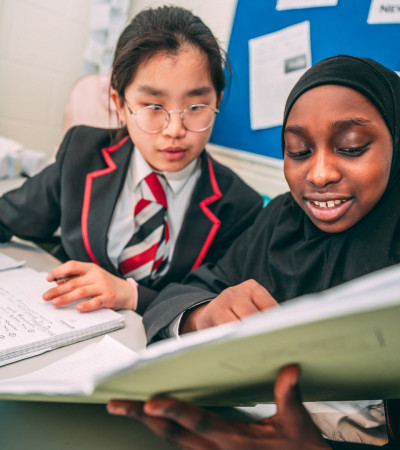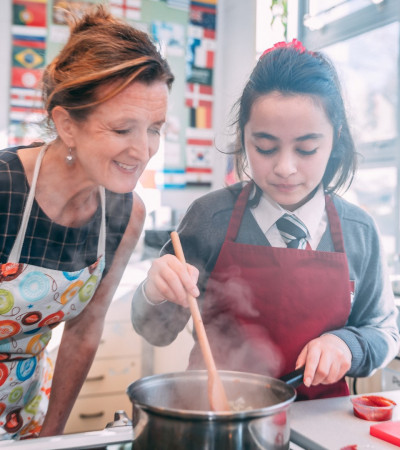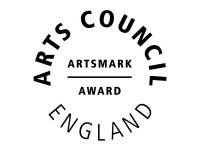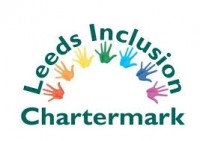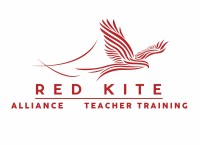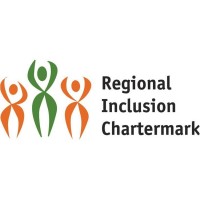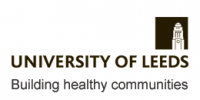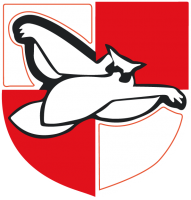
Confidence
Key Stage 3 - Year 7, 8 and 9
To showcase their work, students use one book as they work through the materials areas. Students are actively encouraged to use books for HL tasks
Presentation rules as followed as per whole school policy.
Lessons target knowledge, skills and application.
We teach theory and practical skills to develop resilient learners:
through food and nutrition, students will
- Demonstrate effective and safe cooking skills by planning, preparing and cooking using a variety of food commodities, cooking techniques and equipment
- develop knowledge and understanding of the functional properties and chemical processes as well as the nutritional content of food and drinks
- understand the relationship between diet, nutrition and health, including the physiological and psychological effects of poor diet and health
- understand the economic, environmental, ethical, and socio-cultural influences on food availability, production processes, and diet and health choices
- demonstrate knowledge and understanding of functional and nutritional properties, sensory qualities and microbiological
- food safety considerations when preparing, processing, storing, cooking and serving food
- understand and explore a range of ingredients and processes from different culinary traditions (traditional British and international), to inspire new ideas or modify existing recipes
Literacy and numeracy are always embedded into the SOL
Students use the 15 minutes of silence each lesson to demonstrate their resilience and practical skills.
Students reflect and act upon PINS feedback at key assessment points
At the end of the units students are given a final assessment DM or E
Key Stage 4
GCSE AQA Food preparation and Nutrition
Students study the following topics
- Food, nutrition and health
- Food science
- Food safety
- Food choice
- Food provenance
To prepare for the science investigation we work closely with the Science dept
In practical lessons students follow a prescriptive practical path. Building on high level skills through the course. They then have the confidence to design and make a range of high level dishes in the coursework
How is the course assessed?
50% of the course is a non-exam assessment comprising two tasks.
Task 1: Food investigation (15%) – a written or electronic report of 1500–2000 words, including photographic evidence of the practical investigation and planning.
To prepare for the science investigation we work closely with the Science dept
Task 2: Food preparation assessment (35%) - students will prepare, cook and present a final menu of three dishes within a single period of no more than three hours, planning in advance how this will be achieved. Written or electronic portfolio including photographic evidence. Photographic evidence of the three final dishes must be included.
In practical lessons students follow a prescriptive practical path. Building on high level skills through the course. They then have the confidence to design and make a range of high level dishes in the coursework
The remaining 50% of the course is assessed by a written examination (1 hour 45 minutes) in June of Year 11.
Reflective practice is completed at the end of each module to develop oracy and written aspects with key vocabulary. Students also engage different exam questions from the specification to help consolidate learning and to aid the revision process. Students will have covered examination questions from the specification. This process helps prepare students for the external examinations
SMEH is intrinsic in the food course in all lessons across the Year groups.

